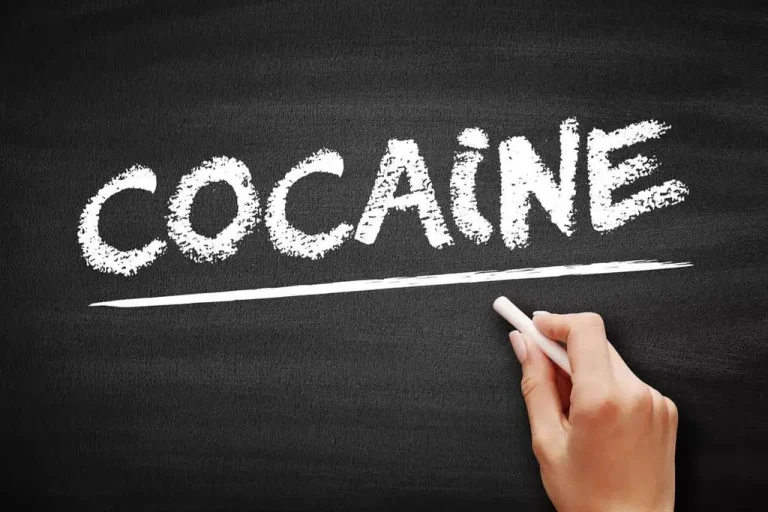12 May PTSD Symptoms, Emotion Dysregulation, and Alcohol-Related Consequences Among College Students with a Trauma History PMC

The American Addiction Centers reports that approximately 50% of people that drink alcohol experience blackouts at some point in their lifetimes. A critical aspect of Alcohol Usage Disorders often overlooked is its strong connection with PTSD, a condition triggered by traumatic experiences. Trauma survivors often wrestle with a relentless barrage of distressing symptoms. In their pursuit of relief, some individuals turn to alcohol as a form of self-medication, to numb their symptoms and flashbacks, or to try to feel a bit more in control of their thoughts and daily life.
- The grouping of symptoms that follow experience with uncontrollable trauma is called “ learned helplessness effects” (Seligman 1975).
- This number is predicted to increase to 7.8 million people in the near future.
- With regard to behavioral treatments, exposure-based interventions are recommended mdma and the brain given the greater improvement in PTSD symptoms observed, coupled with significant reductions in SUD severity experienced.
- These findings are somewhat consistent with the present findings, indicating that individuals with poor coping skills may be led to use alcohol in the face of difficulties with hyperarousal or goal-achievement.
- Exposure to an uncontrollable negative event elicits the familiar “fight-or-flight” response.
The Role of Endorphins in PTSD and Alcohol Drinking
- I jokingly call it my brain taking a vacation without me. This can be lethal if they occur while driving.
- We termed this the “ happy hour effect” and have noted that even among social drinkers, alcohol consumption increases following, but not during, exposure to stress.
- Create a plan for this transition, which might include a soothing shower or bath, reading a book, and trying wellness practices like breathing techniques or meditation.
- However, according to new research by Lorkiewicz and colleagues, drinking in this way could result in long-term impacts on the brain and cognitive processing.
We can “recollect” them — actively recall what happened at a particular place and time. But “recognition memories” are arguably the ones most pertinent to the Kavanaugh allegations. These come to mind when we recognize people or settings from our past.
Alcohol And PTSD In Veterans
You could be having a blackout and seem completely coherent to others around you. A common experience after having a blackout is hearing stories about your behavior and having absolutely no recollection of it ever occurring. Blacking out happens when you drink https://ecosoberhouse.com/article/alcohol-vs-drugs-comparison-of-addictions/ enough that your brain stops creating and storing new memories. Blackout drinking actually causes a type of amnesia called anterograde amnesia. When you’re blackout drunk, your hippocampus—the area of your brain in charge of memories—stops working properly.

PTSD and Alcohol Abuse in Veterans

Starting with alcohol detox, we can help you safely quit alcohol without the fear of relapsing. And from there, we can help you with recovery from residential alcohol treatment to ongoing, outpatient support. At Heroes’ Mile, you get a personalized care plan that uses compassionate, research-based therapies administered by veterans. Dysregulation in affect (lability) and behavior (disinhibition) at baseline were hypothesized to be vulnerability factors. In this regard, lability and disinhibition were expected to predict higher initial levels and growth of dependence syndrome symptoms and conduct problems, respectively, over the follow-up period. In addition, lability and disinhibition were hypothesized to moderate within-person associations between PTSS, drinking, and the outcomes.

How Do I Determine What is Quality in Behavioral Health Services? 5 Suggestions for What to Look For
These gaps in memory range from minor omissions to significant periods, but some context or cues help the person remember parts of the events that occurred. This memory loss is due to alcohol’s impact on the hippocampus, a region of the brain crucial for forming new memories. The fast increase in blood alcohol concentration (BAC) interrupts the ptsd alcohol blackout brain’s ability to form new memories. Engage in regular physical activity, as it has proven benefits for mental health. Whether it’s a brisk walk, yoga, or dance, movement can be a powerful tool in managing both PTSD symptoms and alcohol misuse. Seeking treatment for both at the same time is encouraged, since they tend to feed off each other.
Alcohol’s Magnifying Glass on Trauma
- Despite the differences, the common thread is that alcohol use has a negative impact on their lives.
- Integrated treatment that addresses both disorders is important to begin recovery.
- Before you can understand how to control PTSD blackouts, you need to understand what’s causing them in the first place.
- The fast increase in blood alcohol concentration (BAC) interrupts the brain’s ability to form new memories.



Sorry, the comment form is closed at this time.